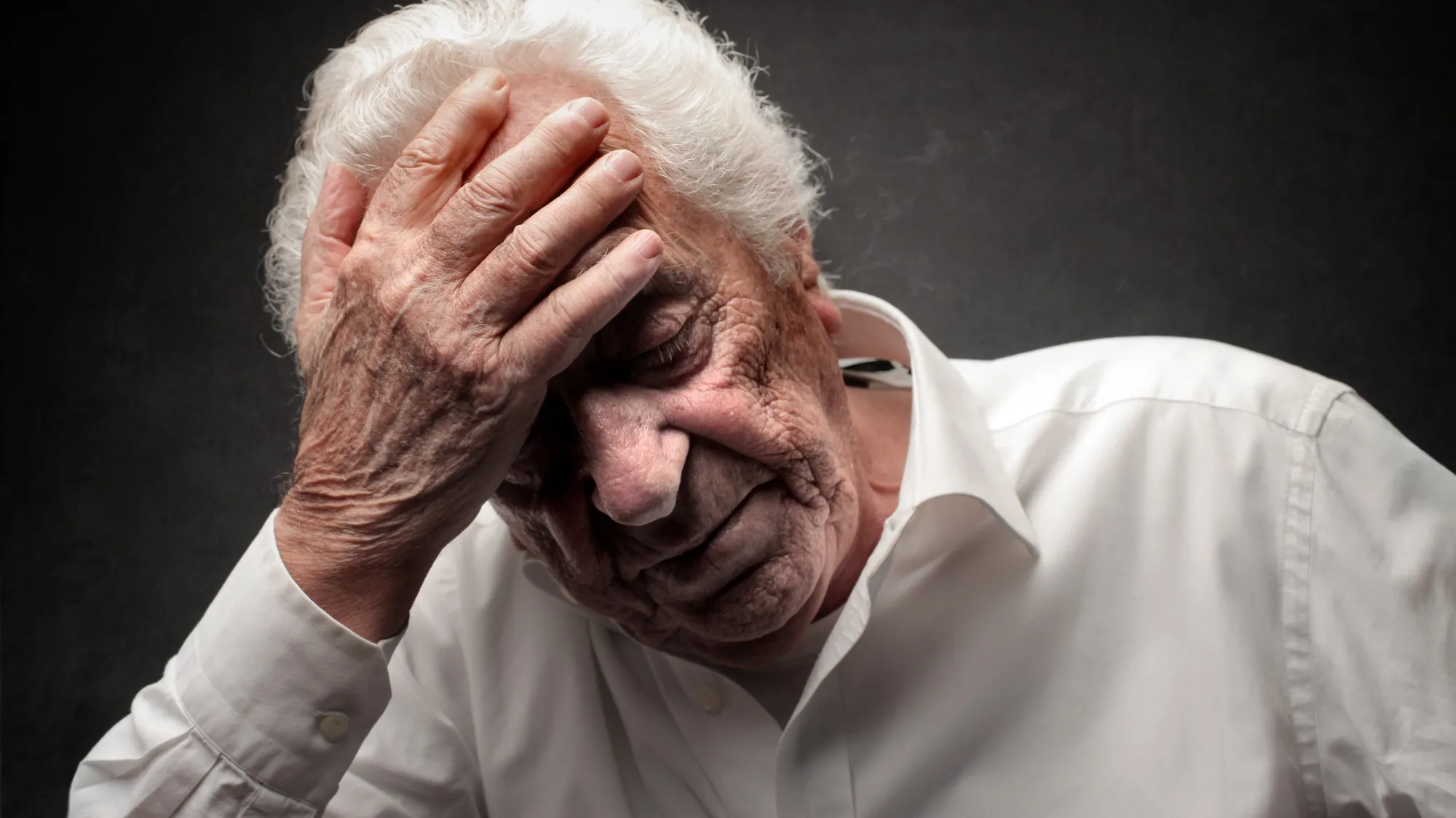Causes of Dizziness in Elderly Adults - and Helpful Tips for Easing Your Symptoms
19 Apr 2024

Everyone has experienced dizziness at some point in their lives - and usually, it's not that serious. However, older adults may feel dizzy more frequently due to muscle and balance changes as we age. Feeling out of balance can put you at risk for falls or injury, so addressing dizziness is important as you get older. Below, you'll discover what causes dizziness in the elderly and some tips to cope.
What causes dizziness in the elderly?
Some people may experience dizziness differently than others. To one, dizziness might feel like a sudden faint feeling, while others may feel like you got off a Tilt-A-Whirl ride without ever moving.
But what causes you to have a dizzy spell suddenly? Below are a few reasons why:
Benign paroxysmal positional vertigo (BPPV)
Benign paroxysmal positional vertigo, or BPPV, occurs when the tiny crystals in your inner ear shift from their typical position. When this happens, you may suddenly experience mild to intense dizziness when you move your head. The dizziness doesn't typically last long, but it can make you feel lightheaded, nauseous, or like you're going to fall.
Poor circulation
If you have poor circulation, you may become dizzy due to the lack of blood and oxygen in your veins. With less oxygen traveling to your inner ear and brain, you may start to feel faint.
Low blood sugar
People with diabetes who are insulin-dependent may feel dizzy when they experience a 'low' or rapid drop in their blood sugar. Depending on the individual, some people may also experience fatigue, sweating, or anxiety.For such people, low carb meals can help.
Low iron
Low iron typically means you have fewer red blood cells, which prevents you from carrying enough oxygen throughout your body. If you have low iron or anemia, you may feel weak or dizzy due to the lack of oxygen.
Side effects of medications
Dizziness is a common side effect of many medications, such as sedatives, antidepressants, and anti-seizure drugs. Before taking a specific medication, read the label first to learn which side effects you may experience.
Blood pressure
If you have high blood pressure or take blood pressure medication, you may experience dizziness, as it's a common side effect. However, it's important you pay attention to your dizziness if it's related to blood pressure. A sudden onset of dizziness that leads to loss of balance or coordination can be a sign of a more serious issue.
What are signs that dizziness in older adults may be serious?
Although dizziness can be a pain, it typically doesn't correlate to any serious condition. If you experience frequent dizziness, though, and are falling, or have recurring vertigo, you should seek medical attention. This way, they can run a few tests and get you back to feeling your best.
What risks are associated with dizziness in older adults?
If you're feeling dizzy often, you could be at risk for the following:
Falling. Chronic dizziness can put you at a higher risk of falls.
Impact on quality of daily life. Dizziness can throw off your day-to-day activities. Cooking, working, or moving around can be harder if you feel like your head is spinning.
Anxiety or depression. Older adults with constant dizziness may think that they're going to fall, which can lead to anxiety or depression. It's best to talk with your doctor to see what the best course of action is to relieve your dizziness.
Tips for coping with dizziness in older adults
Depending on your cause of dizziness, these below tips can help you cope. However, talk with your doctor if you're experiencing dizziness before trying an at-home coping method.
Try balancing exercises. If your dizziness is due to inner ear conditions like BPPV, try doing a few balancing exercises. Common balancing exercises you can do right at home include a tightrope walk on your floor or core exercises such as standing leg lifts.
Try the Epley Maneuver if you have BPPV. The Epley Maneuver consists of a variety of movements that helps move the tiny crystals back to where they belong in your inner ear. These exercises can help with your vertigo and can be done in your home.
Design your home for balance assistance. One easy tip for coping with dizziness is to make some changes to your home. For instance, you can add handrails for some assistance or move rugs or cords that could potentially trip you.
Use assisted devices such as canes. A cane is a great tool for steadying your balance. It can also be extra durable and help you walk around with ease.
Stay hydrated. By drinking water throughout the day, you can reduce your chance of vertigo. To make drinking water more exciting, try adding fresh fruits or herbs, such as berries, mint, or cucumber.
Eat a healthy diet. Diets that consist of whole fruits, vegetables, and proteins contain lots of vitamins and minerals and can help with vertigo sensations. Some great choices include chicken, fish, leafy greens, bananas, blueberries, and citrus.
Simplify your daily routine with Meal Village
If you're prone to dizziness and want to limit your time in the kitchen, Meal Village can help. Through Meal Village, you'll receive nutrient-dense, delicious meals that are ready to heat and eat right at your doorstep. There's no chopping, cooking, or cleaning - just flavorful meals ready for you to enjoy. Plus, there are no subscriptions or commitments, all you need to do is place an order over the phone or online.



